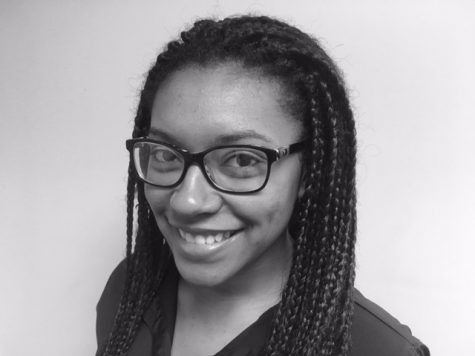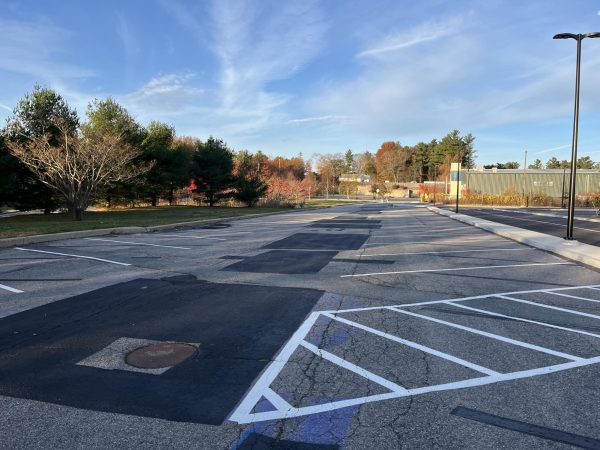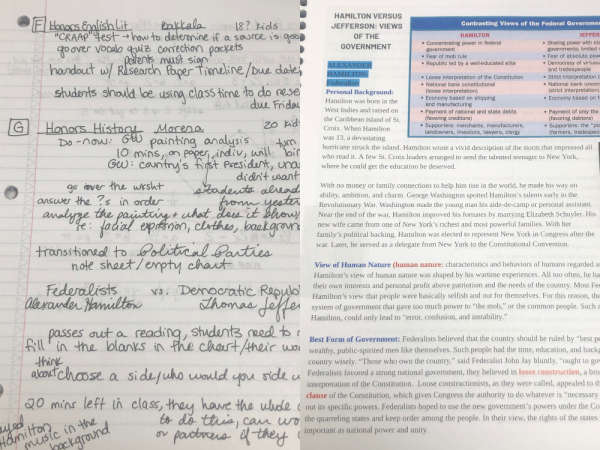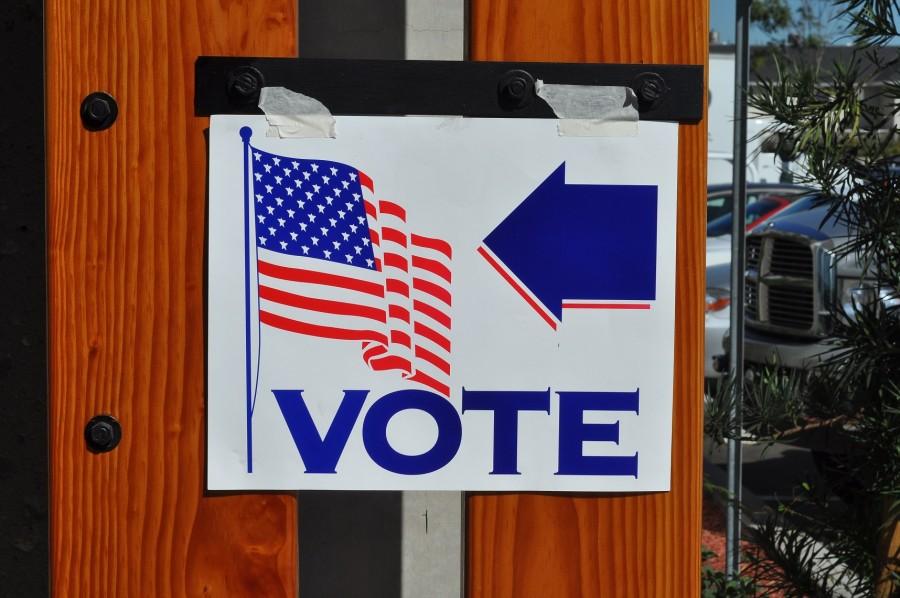Making your voice heard at the ballot box
High school seniors vote for the first time
Google image/Creative Commons license
Voting for the first time is a rite of passage.
There are many milestones on the road to becoming an adult, but few can resonate as powerfully as stepping into the voting booth for the first time and making decisions that actually impact communities and the nation itself.
For most high school seniors, that means the 2016 elections mark participation in a process that, until now, has simply been an academic exercise.
And with this being one of the most influential elections in a long time, many students are eager to start voting.
“It felt great,” AMSA senior Arbi Kalaja said. “I finally felt that I could have my voice heard and it was almost like a passage into adulthood for me.”
The seniors fortunate enough to have turned 18 in time to participate in the presidential primary process rushed to the polls on March 1 to vote in Massachusetts, where Donald J. Trump and Hillary Clinton emerged victorious.
“I’m very interested in politics,” Arbi said. “I take AP Government and follow the debates and keep up with the news, so I made an educated choice, of course. People shouldn’t vote without doing some research.”

Social media has changed the way candidates communicate with younger voters.
Today’s youth vote, potentially, can have more impact than ever before because of the rise of social media. Younger voters traditionally do not turn out in numbers but that could change if they are mobilized through modern communication tools.
It can also change when a candidate comes along offering a message that resonates. In this cycle, Sen. Bernie Sanders of Vermont has connected with the 18-25 voting bloc by stressing ideas such as free college education at state schools and the inequities of income disparity.
It opens a door to a world of political conversations and lets young people know that, when it comes to casting a vote, they are now on an equal playing field with all other voters, whether they’re 18 or 81.
This idea can lead to political passion among high school students, despite the lingering notion that they don’t care and don’t want to vote.
One AMSA senior was left disappointed when she realized her school and work schedules conflicted with her ability to get to the polls before they closed.
“I registered to vote, but couldn’t because I had work after school,” Sabine Samaha said. “And I’m going to be studying abroad my first semester of college so it will be hard for me to vote in the general election. […] I was so excited.”
Even those who generally are not passionate about politics were still eager to vote.
“It was good,” senior Matthew Schomp said. “I just wish I knew more about the local officials that were also on the ballot.”
Although AMSA students tended to mirror most of the millennial vote across the country in support of Sen. Sanders, there were a few exceptions.
“I voted for [Texas Sen.] Ted Cruz because I really don’t like Planned Parenthood,” Matthew said. “It’s probably worth noting that I’m Catholic. Also, my parents wanted to vote for Cruz and I went, Hmm, I don’t really know much so I’m gonna go with that.”
The candidates’ activism on social media is playing a big role both in how they are perceived by young voters and in the amount of turnout by that same group during this election. Younger people feel like they can be more involved and get more easily informed by doing a quick Google search on each candidate or following a candidate on Twitter, etc.
On that “Super Tuesday” of March 1, Mrs. Clinton, the Democratic front-runner, tweeted, “Text TUESDAY to 47264 to get exclusive updates via text from @HFA headquarters.” She has clearly made an effort to cut into Sen. Sanders’ share of the youth vote.
There may be a range of political opinion on a range of issues—and young people aren’t just “feeling the Bern”—but there is one commonality shared by all new voters: the thrill of deciding the future of the country.

Coretta is a senior and is in her second year writing for The AMSA Voice. Last year she served as the photo editor, and this year finds her as co-editor,...




